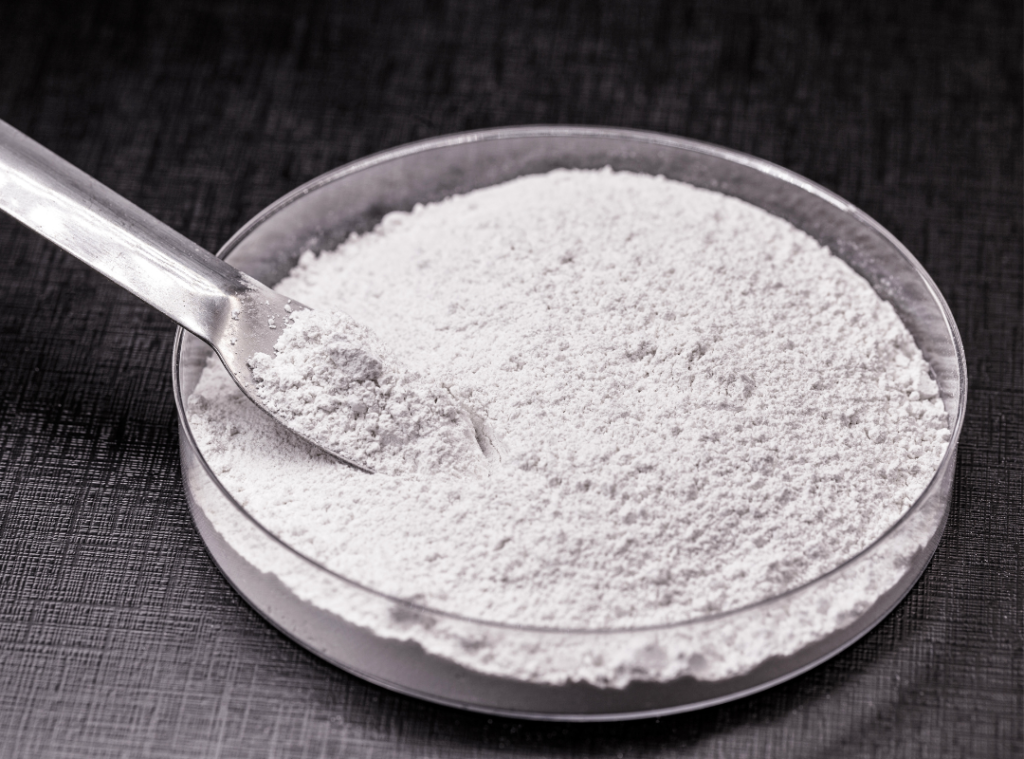What is Carboxymethyl Cellulose (CMC)?
CMC (Carboxymethyl Cellulose) is a food additive used as a thickening agent, emulsifier, and stabilizer. CMC acts as an emulsifier for oils, waxes, and solvents. It is commonly used in the form of its sodium salt, sodium carboxymethyl cellulose. This water-based polymer serves as a multifunctional additive in various industries due to its effectiveness in water retention, suspension, stabilization of suspended particles, and rheology regulation. CMC easily dissolves in both cold and hot water and is also soluble in water-containing solvents like alcohol and acetone; however, it is insoluble in organic and non-polar solvents.
Packaging: 25 kg bag
CAS NO: 9000-11-7
Formula: CH2CO2H

Carboxymethyl Cellulose (CMC) in the Food Industry
There are various types of carboxymethyl cellulose, categorized based on purity levels. Raw, semi-pure, and purified CMC are examples of these types. Among all these grades, only the completely pure type is beneficial for food applications. Carboxymethyl cellulose is used in food products as a thickening, binding, and stabilizing agent.
CMC serves as a stabilizer in dairy products such as ice cream, yogurt, and milk. It is also incorporated in many beverages, popular syrups, baked goods, and pet food.
Other Applications of Carboxymethyl Cellulose:
- Ceramic Production: This substance can enhance shaping and molding processes.
- Batteries: CMC stabilizes the electrodes, prevents the deposition of active materials, and improves charge and discharge performance.
- Toothpaste: CMC is one of the key ingredients in toothpaste, playing a role in blending liquids and solid raw materials, helping the toothpaste maintain its thickness and smoothness.
- Oil Industry: Used as a viscosity modifier in drilling fluids.
- Dye and Textile Industry: CMC acts as a sizing agent, improving printing properties, high solubility, transparency, appropriate filterability, and high permeability in the dye and textile industry.


